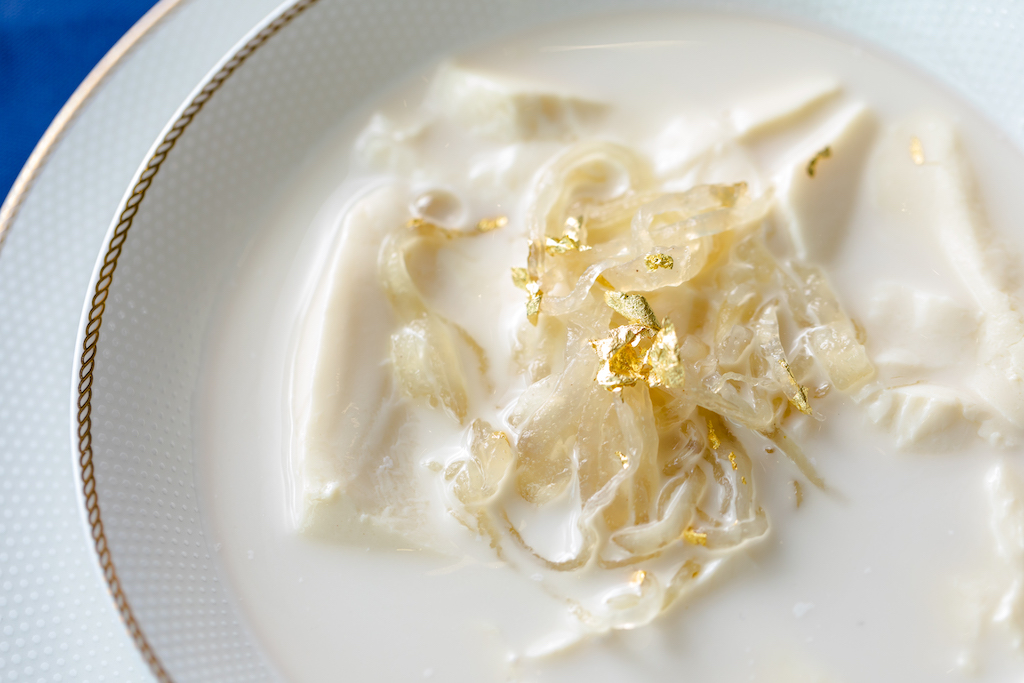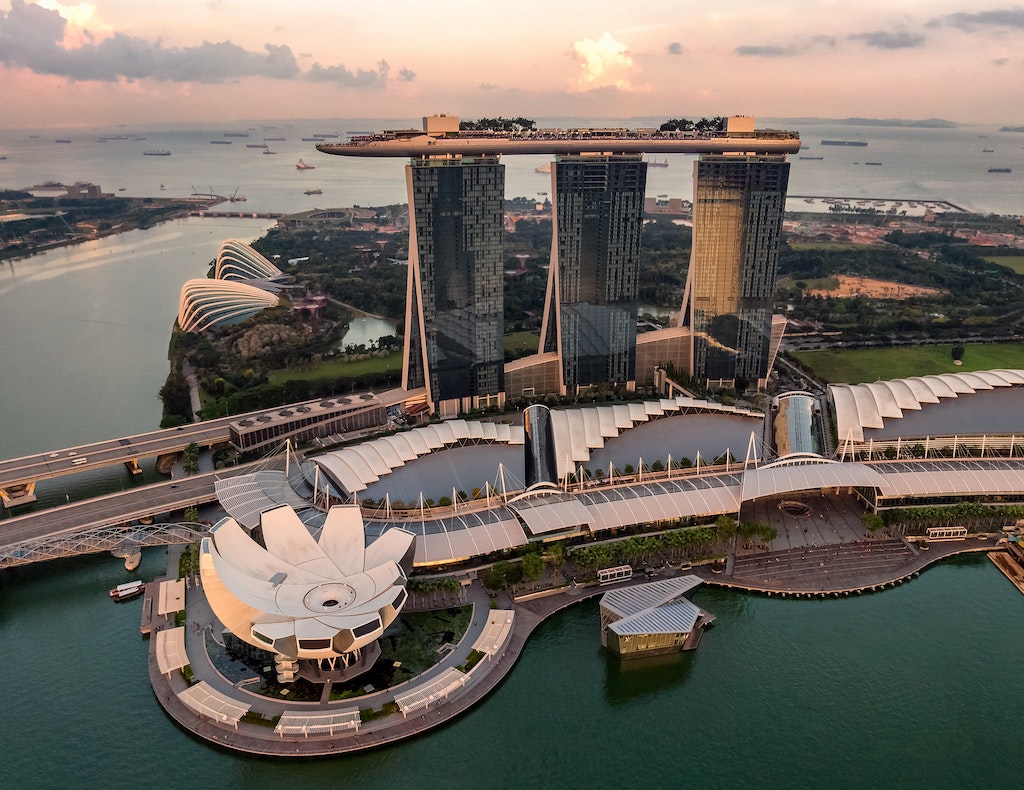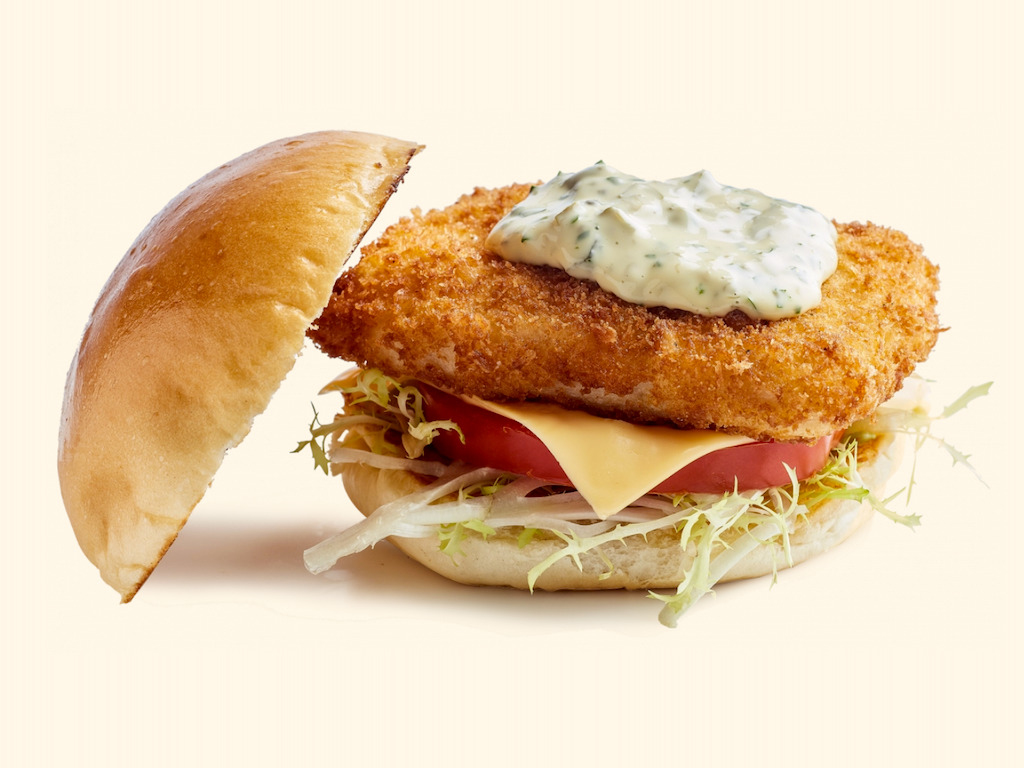3 Mins Read
Avant, the Hong Kong-based startup culturing fish directly from cells, is now gearing up to make cultivated fish a mass-market reality in Singapore. Teaming up with Singapore’s tech innovation agency A*STAR, Avant will be setting up a joint research lab in the city-state to optimise the cell-cultivation process and scale up production of cell-based fish.
Hong Kong’s Avant has forged a new partnership with A*STAR’s Bioprocessing Technology Institute (BTI) to scale its cultivated fish in Singapore. The company, which is now in the midst of setting up its R&D and pilot production site in Singapore by 2022, will be working with BTI scientists to co-develop cellular agriculture solutions to lower costs of cell-based fish production, with the view to commercialise the product for the mass market.

Joint R&D lab
The collaboration will see Avant and BTI launch a new Joint Research Laboratory for Cultivated Fish Bioprocessing in Biopolis, an R&D hub situated near the National University of Singapore.
At the new joint lab, researchers will be figuring out how to optimise solutions that will enable scalable production of lab-grown fish cells, with the view to produce cost-effective food grade cell-based seafood products for the Singapore market “and beyond”. While BTI will bring in its expertise in animal cell bioprocessing and multi-omics analytical sciences and technologies, Avant will be leveraging its proprietary cellular agriculture technology.
The Hong Kong startup has previously showcased multiple prototypes of cell-based seafood, including Asia’s first cultivated fish fillet and cell-based fish maw, a regional delicacy. Avant has made its foray into the cosmeceutical industry last year, launching its first commercialised product, marine peptide, to disrupt the collagen market.

Commenting on the new partnership with A*STAR, Avant co-founder and CEO Carrie Chan said she expects “the collaboration will accelerate breakthroughs in methods to optimise cell cultivation process for meat production.”
“It will achieve process efficiency and cost reduction initially for fish cells,” Chan added. “We expect to gain insights into methodologies that can potentially be applied in other cell types as well.”
Singapore: an alternative protein hub
The news yet again bolsters Singapore’s reputation as a leading global innovation hub for alternative proteins. The city-state was the first to approve the commercial sale of cultured chicken developed by Eat Just last year, and this month granted Esco Aster a license to manufacture cultured animal cells meat for commercial sale.

Other moves the government has made in favour of alternative proteins include the creation of a FRESH platform to accelerate food safety research and expedite regulations, following regulator SFA’s call on more food techs, both foreign and local, to apply early to get their novel alt-protein products approved.
By setting up a base in Singapore, Avant joins homegrown cultivated seafood player Shiok Meats, which recently showcased the world’s first cell-based crab meat. In a statement, Avant says it expects its products to be “subjected to the same regulations” under SFA guidelines before it launches commercially.
Avant isn’t the only international startup that has set up a joint lab with A*STAR, with California’s Perfect Day announcing its R&D hub with the agency earlier this year. Unlike Avant, Perfect Day uses precision fermentation technology to develop bio-identical dairy proteins such as whey, which can then be used to create animal-free cheese and milk products.
Lead image courtesy of Avant.




